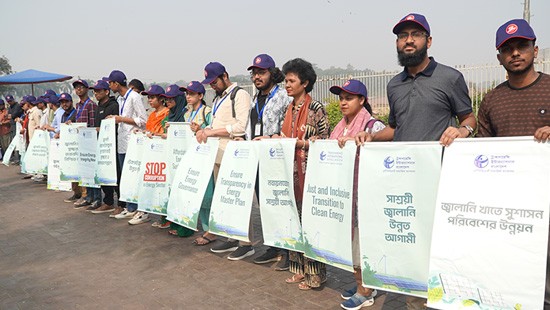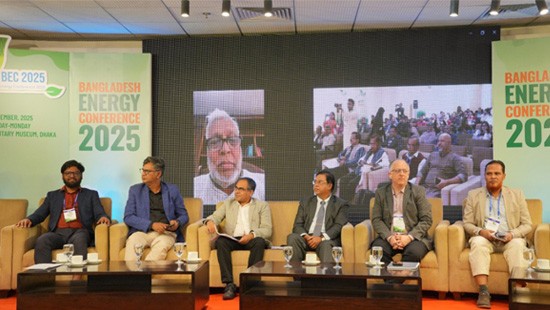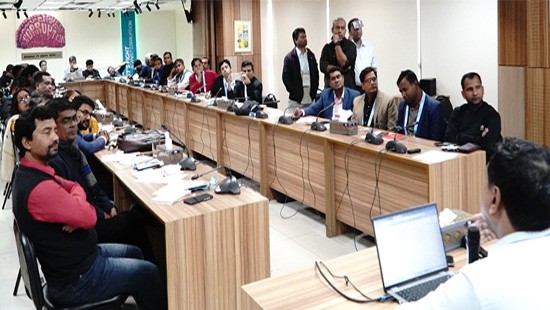Published: 29 January 2013
Bangladesh is placed in Band D. Bangladesh’s defence and security sector scores poorly on political corruption risk. There is a lack of any formal defence policy to date. The currentgovernment initiated the process of developing a defence policy in 2009, but this has yet to be finalised. Active public debate on issues of defence is evidenced to be irregular and limited. Thedetailed breakdown of the defence budget is not publicly available and no formal acquisition planning exists. However, since 2007, Bangladesh has been a signatory to UNCAC and an ActionPlan for Compliance, containing guidance on anti‐corruption reforms, was adopted in November 2009.
Regarding financial corruption risk, information on secret items relating to national security is not disclosed to the legislature, nor is there evidence that audit reports of the annual accountsof the security sector are subject to debate. The Bangladeshi military has significant business interests, including a five‐star Dhaka Radisson hotel, built on military land, as well asinvolvement in the banking sector, the food industry, electronics and textiles. While these business activities are government‐approved, the decisions and practices of such businesses arenot transparent. Nevertheless, there is no evidence of off‐budget military expenditure.
Regarding personnel corruption risk, Bangladesh has a well established payment system for the military, good knowledge of the numbers of staff on payroll and good control over ghostsoldiers: an automated disbursement system provides the accounts offices with data for the calculation of pay and allowances. In addition, special attention is paid to the selection andoversight of personnel in sensitive positions, including those involved in defence procurement, contracting and financial management. A selection board is responsible for the promotion ofhigh‐level army officers. However, many senior military officers dismissed by the previous government were reinstated by the current government, indicating a risk of partisanshipplaying a role in appointment to senior levels. . The Prime Minister, who also holds the portfolio of the Defence Ministry, has frequently made public speeches concerning the importance oferadicating corruption, though without specifically mentioning the defence sector. The Whistleblower Protection Act was introduced in 2011 and applies to military as well as civilianemployees. Despite this, many junior staff members still refrain from reporting cases to their seniors, it is assessed, due to fear of reprisal.
With regard to operations corruption risk, there is no military doctrine addressing corruption as a strategic issue on operations. There is no evidence to suggest that trained professionals areregularly deployed to monitor corruption risk in the field, nor any mechanism in place to identify if commanders implement knowledge acquired from anti‐corruption training.
In terms of procurement corruption risk in Bangladesh, Defence Purchase 35 is the regulation covering all defence purchasing, overseen by the Director General of Defence Purchase. Section 38 outlines details of the financing package, including the terms and processes of payment. A ten‐year development plan for the armed forces was unveiled in Parliament in 2010, whichoutlines defence purchases planned to enhance the capability of the national forces. However, the absence of an overall national defence policy means that it is difficult to follow the decisionmaking process for major purchases, while indicates vulnerability to the possibility of opportunistic purchases.
• Research finalised: March 2012.






